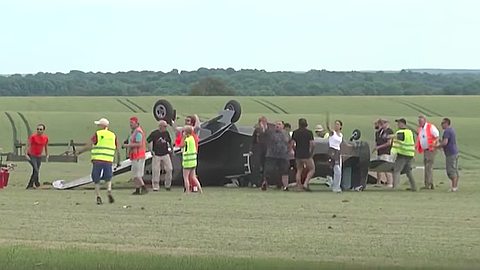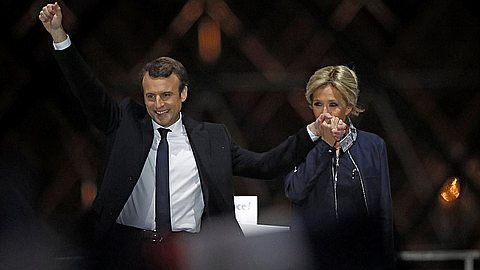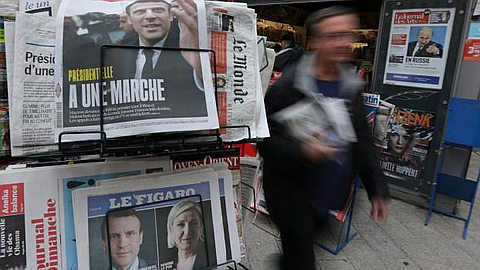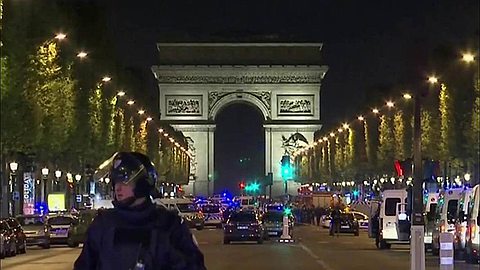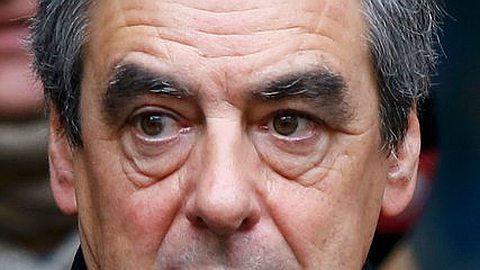French Troops Welcomed to Central African Republic
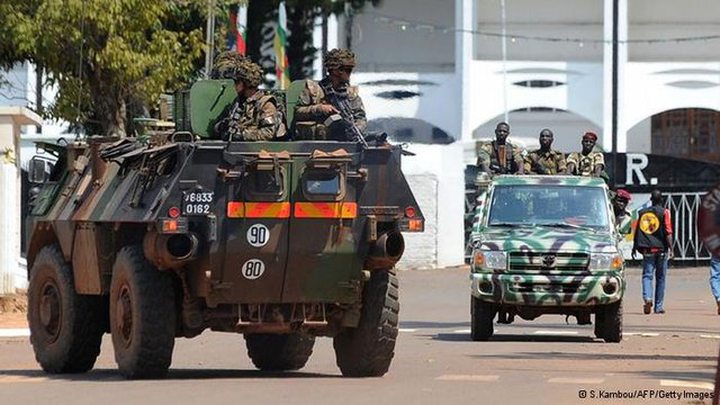
Cheering residents honked horns, danced and banged on saucepans as about 200 French troops rolled into the mainly Christian town of Bouar in the western part of the country.
After months of violence set off by a rebellion that overthrew the government in March, which then led to sectarian clashes between Muslim and Christian communities, residents yelled out “Thank you!” and “Save us!”
The violence, which has terrorized rural towns, flared again on Thursday in the capital, Bangui, leaving at least 300 dead in a wave of attacks, the Red Cross said.
Describing the bloodshed as “terrifying,” President François Hollande of France announced that he would send 400 more soldiers than first announced, increasing a force mandated by the United Nations to 1,600 troops by Saturday night.
He said that number would not increase and that most of the troops would not stay more than six months.
The French presidency also announced that the African Union would increase the regional peacekeeping force to 6,000 troops from a planned 3,600.
Mr. Hollande said the job of the French and African troops would be “to disarm militias who are acting like gangsters, raping women and even killing people in hospitals.”
“I believe we can quickly put a stop to the current atrocities and massacres,” Mr. Hollande said, adding the long-term goal was to “re-establish stability and, when the time is right, organize free and democratic elections.”
The African Union’s peacekeeping force, which currently has 2,500 troops, has been unable to stem the country’s descent into chaos since an alliance of mostly Muslim rebel fighters known as Seleka overthrew President François Bozizé in March.
The Seleka leader, Michel Djotodia, became president, the first Muslim leader of the mostly Christian country.
Although he informally disbanded the Seleka, the former rebels continued to wreak havoc. Local Christians responded by forming vigilante groups, and the government quickly lost control of the sprawling, landlocked country.
Reports have described a litany of horrors, with security forces and militia gangs razing villages, carrying out public killings and raping women.
On Saturday, overwhelmed Red Cross staff members continued to pick up dead and mutilated bodies from the streets of the capital.
The aid group Doctors Without Borders said in a statement that it had treated 190 people in the past two days for bullet, machete or knife wounds at the local hospital.
In a visible show of strength, French troops on Saturday patrolled Bangui and a fighter jet flew low over the city, where bodies still lay abandoned outside the Parliament building.
“It is reassuring to see the French,” said Adolphe, who was selling fuel in Bangui. “We are waiting for the liberation of Central Africans.”
The relief was also palpable in Bouar, 230 miles north west of the capital and the site of one of France’s main military bases in Africa. “Save us,” shouted Cedric, a 15-year-old boy, as the troops rolled by. “We have suffered so much.”
